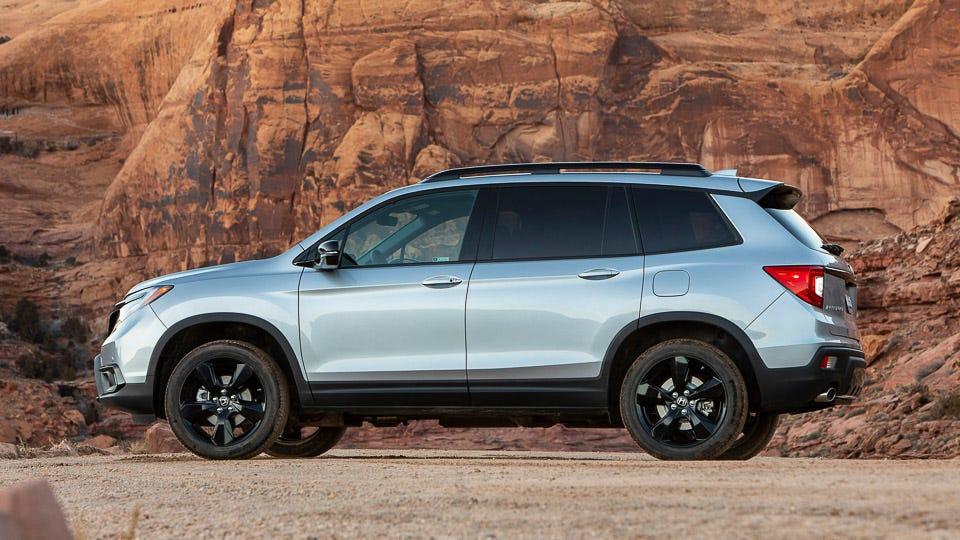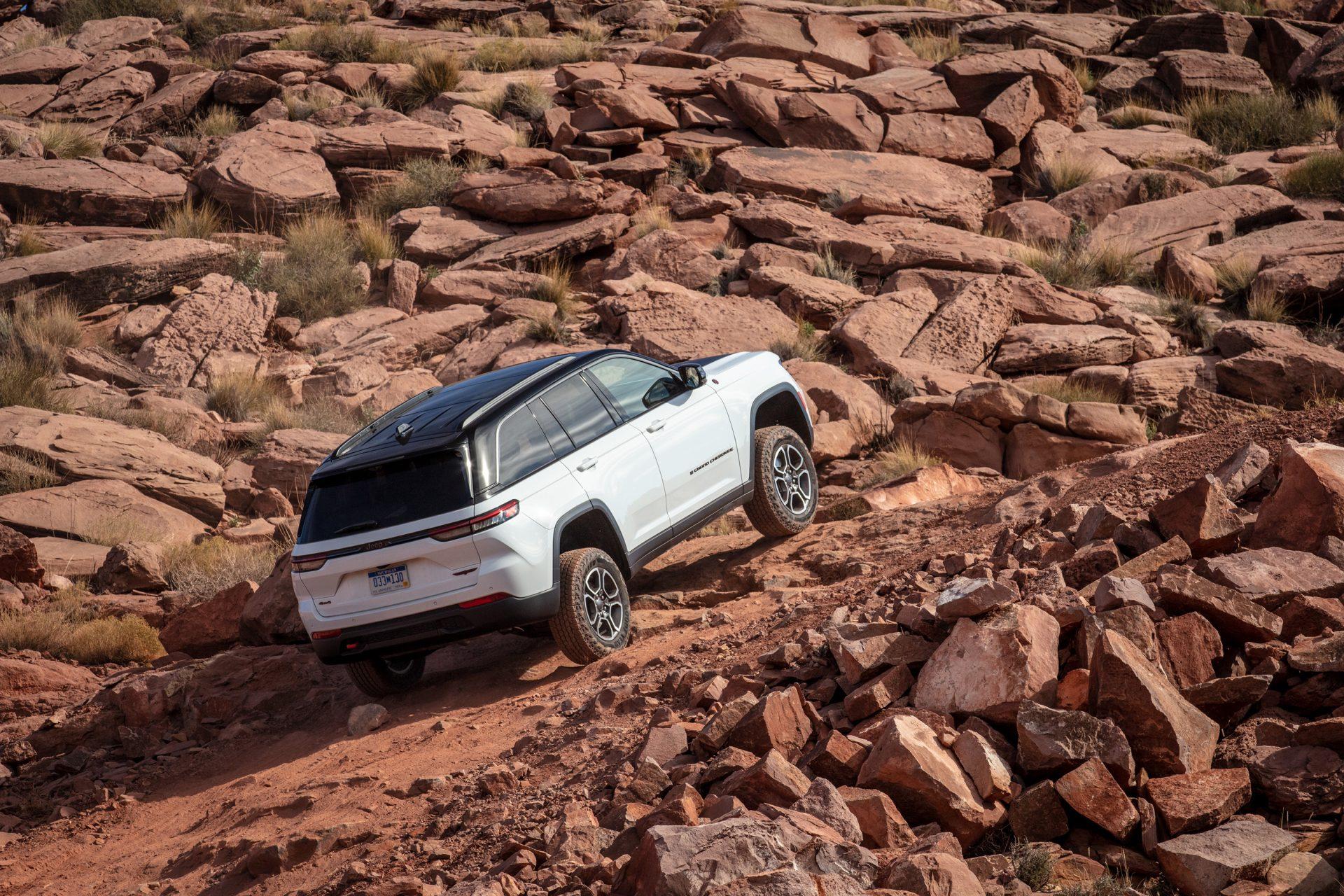The question of whether a 4x4 can be used on the highway is essential, as it has implications for safety, legality, and convenience. In this post, we will explore the various issues related to using a 4x4 on the highway, including the types of vehicles that are appropriate for highway use, the potential dangers associated with using a 4x4 on the highway, the legal requirements for operating a 4x4 on the highway, and the best practices for using a 4x4 on the highway.
Table of Contents
READ: Are Coilovers Good for Street Use?
What is a 4X4?

A 4x4 drive vehicle is a type of vehicle that has four-wheel drive, meaning that the engine powers all four wheels. 4x4 drive vehicles are typically used for off-road driving, allowing them to traverse rough terrain and easily handle steep slopes. 4x4 drive vehicles are popular among drivers who must traverse rugged terrains, such as farmers, hunters, and off-road enthusiasts.
Overview
A 4x4 drive vehicle is a type of vehicle that has four-wheel drive, meaning that all four of the vehicle’s wheels are powered by the engine. 4x4s are typically equipped with a transfer case and a gearbox that allows the car to switch between two-wheel drive and four-wheel drive. 4x4s are usually used for off-road driving, allowing them to traverse rough terrain and easily handle steep slopes.
Types of 4x4 Vehicles

Several types of 4x4 vehicles include light-duty pickup trucks, full-size pickup trucks, SUVs, and heavy-duty trucks. Light-duty pickup trucks are typically used for hauling cargo and light-duty off-roading. Full-size pickup trucks are designed for towing, hauling, and off-roading.
SUVs are designed for both on-road and off-road performance, while heavy-duty trucks are typically used for towing and hauling heavy loads.
Types of Vehicles Appropriate for Highway Use
The type of vehicle used on the highway is important, as some vehicles are more appropriate for highway use than others. While cars and trucks are the most common vehicles used on the highway, it is essential to note that 4x4s can also be used on the highway.
4x4s, also known as all-wheel drive (AWD) vehicles, are designed to provide better traction and stability when driving on surfaces with reduced traction, such as dirt or snow-covered roads.
Potential Dangers of Using a 4x4 on the Highway
Even though 4x4s can be used on the highway, some potential dangers are associated with using a 4x4. For example, 4x4s are typically heavier than other vehicles, which can decrease fuel efficiency.
Also, 4x4s can have a higher center of gravity, making them more prone to rollovers. Furthermore, 4x4s can have higher ground clearance, making them more prone to bottoming out when driving on uneven surfaces.
Legal Requirements for Using a 4x4 on the Highway

Before driving a 4x4 on the highway, it is vital to ensure all legal requirements are met. In most states, a 4x4 must meet specific safety requirements, such as having working headlights, taillights, and turn signals.
Additionally, 4x4s must have an adequate braking system and tires that are in good condition. Additionally, some states require 4x4s to have a particular license plate, such as an off-road vehicle plate.
READ: The Best LS Standalone Harness
Best Practices for Using a 4x4 on the Highway
When using a 4x4 on the highway, it is crucial to follow the best practices for driving. These include driving at the speed limit, using turn signals when changing lanes, and maintaining a safe distance from other vehicles. Additionally, it is essential to use caution when driving on wet or icy roads, as 4x4s can be more prone to sliding or skidding in these conditions. Additionally, checking the vehicle's condition before driving is essential, as 4x4s can be more inclined to mechanical issues.
Braking Systems and Tires
One of the most critical aspects of driving a 4x4 on the highway is having an adequate braking system and tires. 4x4s typically have larger tires than other vehicles, which can lead to increased stopping distances. Additionally, 4x4s typically have higher ground clearance, leading to an increased chance of bottoming out when driving on uneven surfaces.
For these reasons, it is essential to ensure that the tires are in good condition and that the braking system is adequate for the vehicle.
Avoiding Overloading
It is essential to avoid overloading a 4x4 when driving on the highway. Overloading a 4x4 can cause the vehicle to become unstable, leading to a decrease in fuel efficiency and an increased risk of an accident. Additionally, overloading a 4x4 can cause the suspension system to become worn, leading to an increased risk of a breakdown. For these reasons, ensuring the vehicle is not overloaded when driving on the highway is essential.
Advantages of Using a 4x4 on the Highway
In addition to the potential dangers of using a 4x4 on the highway, there are also some advantages to using a 4x4 on the highway. 4x4s can provide better traction and stability when driving on surfaces with reduced traction, such as dirt roads or snow-covered roads.
Additionally, 4x4s can provide greater control when driving on winding roads or in rough conditions. For these reasons, 4x4s can be an attractive option for driving on the highway.
READ: What Type of Axle is Best for Off-roading?
Conclusion
In conclusion, it is essential to consider all the factors related to using a 4x4 on the highway before doing so. 4x4s can provide better traction and stability in certain conditions, but they can also be more prone to mechanical issues and have a higher center of gravity.
Additionally, 4x4s must meet specific legal requirements, and it is essential to practice safe driving habits when using a 4x4 on the highway. By considering all of these factors, drivers can make sure that they are using a 4x4 on the road safely and legally.

